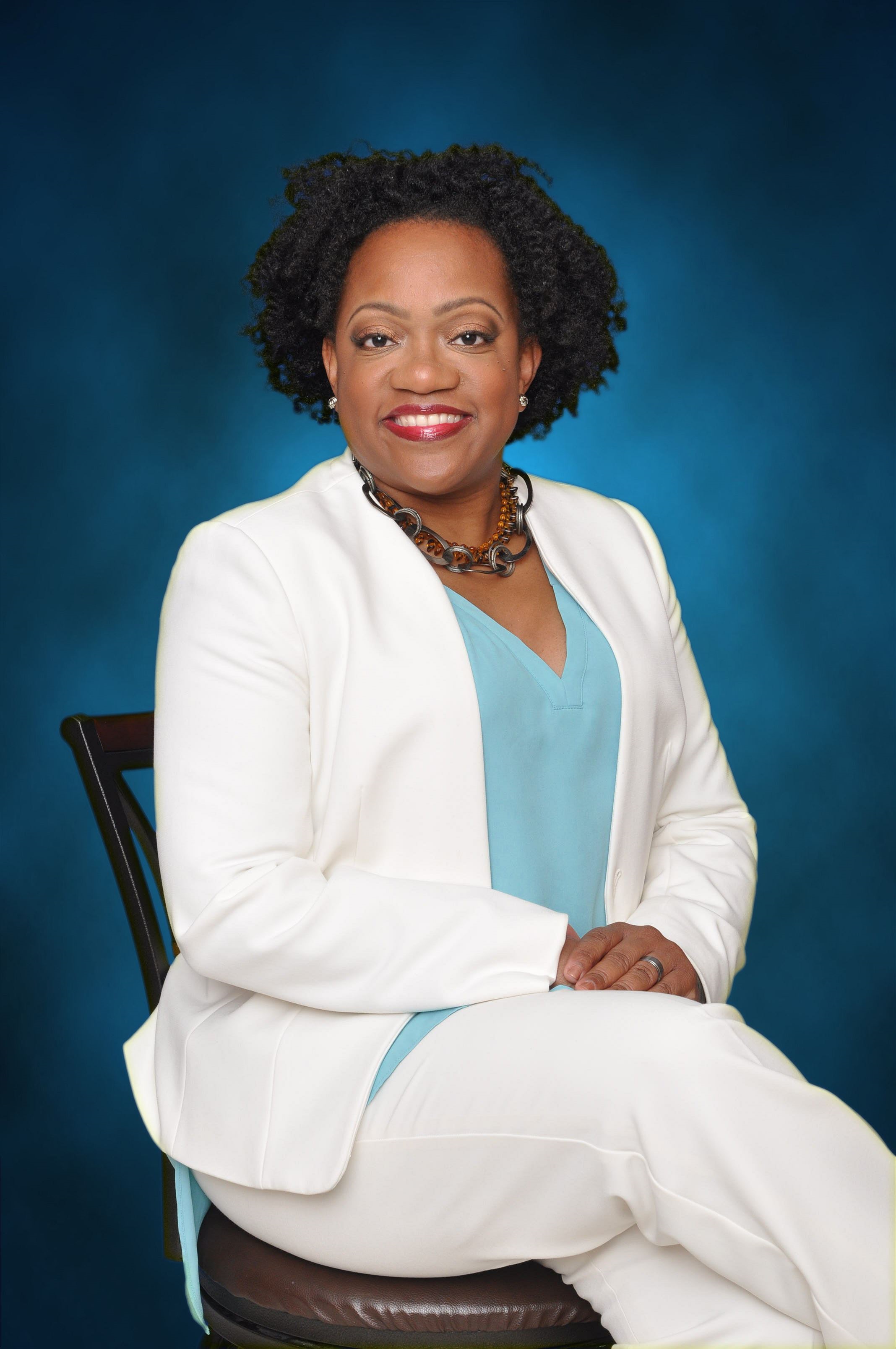
An article published recently in Psychology Today reports that so-called millennials (born roughly between 1988 and 1994) are developing an entitlement complex – believing they are superior to others and are more deserving of certain things.
BASED ON YOUR EXPERIENCE, DO MOST MILLENNIALS FEEL SOME FORM OF ENTITLEMENT THAT THE PRIOR GENERATIONS DID NOT?
I have observed that some (not all) millennials seem to believe that they are owed certain privileges or that they deserve certain privileges. Millennials tend to value individualism more than valuing a group. For example, some millennials do not seem to fully grasp the effort their parents had to exert to accomplish their current economic status; instead those millennials expect to receive a high salary immediately upon graduating from college.
Millennials are more likely to expect to have jobs that provide work flexibility, such as more vacation or being able to work from home. Compared to previous generations, millennials tend to be more tolerant and are more accepting of people who have different views, such as race, gender, religion, sexual orientation, etc.
WHY DO YOU BELIEVE MILLENNIALS FEEL ENTITLED OR IS IT MORE THE PERCEPTION OF THEM THAN IT IS A REALITY?
There is a growing body of research exploring the attitudes and behaviors of Millennials. Research is mixed. However, there is emerging evidence that millennials have an inflated sense of self and exhibit more narcissistic tendencies. Older generations may report these behaviors of entitlement, but now research is starting to verify this observation.
WHY ARE MILLENNIALS MORE ACCEPTING OF EACH OTHER’S DIFFERENCES, UNLIKE PRIOR GENERATIONS?
Research suggests that societies that value individualism tend to be more tolerant of differences. When one person views another as an individual (rather than part of a group), then at person is less likely to expect specific behaviors or beliefs from that individual. This is why mlllennials tend to be more tolerant of other views.
WHAT ARE SOME OF THE CONSEQUENCES OF THIS TYPE OF NARCISSISTIC BEHAVIOR?
Narcissism can damage interpersonal relationships. People with narcissistic tendencies are at a higher risk of having problems in maintaining healthy romantic relationships and compromising with co-workers. When a person has an inflated sense of self, this can place them at risk of having anxiety or depression if their expectations are not met.
WHAT CAN PARENTS DO TO ENHANCE THE POSITIVE ASPECTS OF THIS BEHAVIOR WHILE DISCOURAGING THE NEGATIVE ASPECTS?
We need to teach our children to have empathy and to see their role within the greater society. It is good to tell our children encouraging words, but it is not good to give our children the impression that the world revolves around them.
THERE SEEMS TO BE MORE EMPHASIS ON INDIVIDUALITY THAN WITH PREVIOUS GENERATIONS, DOES THAT HAVE ANYTHING TO DO WITH THEM FEELING ENTITLED TO CERTAIN THINGS?
Yes. Each generation since World War II has developed an increasing sense of individualism—Baby Boomers, Generation Xers, and now millennials. However, compared to previous generations, millennials have been found to have the greatest sense of individualism. Millennials also have a very positive view of themselves, their skills, abilities, and talents. With an inflated sense of self, a person is more likely to feel entitled than those who do not have an inflated sense of self.
DO MILLENNIALS TEND TO BE MORE FLUID WITH THEIR SEXUALITY? WHY?
Interestingly, research is suggesting that Millennials are less sexually active than Generation Xers were at the same age. Millennials have fewer sexual partners and are less likely to be sexually active than their parents were at the same age. There are a number of possible reasons, one being that many millennials still live at home with their parents and have less privacy and independence due to economic factors.
Another possible reason for less high risk sexual behaviors is that millennials grew up during the time of the HIV and AIDS epidemic in the 1990s and have had more school-based sex education courses teaching safer sex methods. Millennials are more accepting of diverse sexual orientations, fluidity of gender identity and pre-marital sex.
Same-sex sexual relationships are more accepted among Millennials compared to previous generations. I am not sure WHY this change is, but research has found that each generation from Baby Boomers to Gen Xers to Millennials have increasingly accepted various sexual orientations.
Dr. Adiaha Spinks Franklin is a board-certified developmental-behavioral pediatrician and owner of D-B-P doc — a consultation, training and evaluation service company. Dr. Spinks Franklin practices at Texas Children’s hospital and she’s an assistant professor of pediatrics for Baylor College of Medicine.
Dr.Adiaha Spinks Franklin answers your Text Tom Questions on the next page.

















